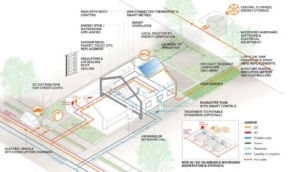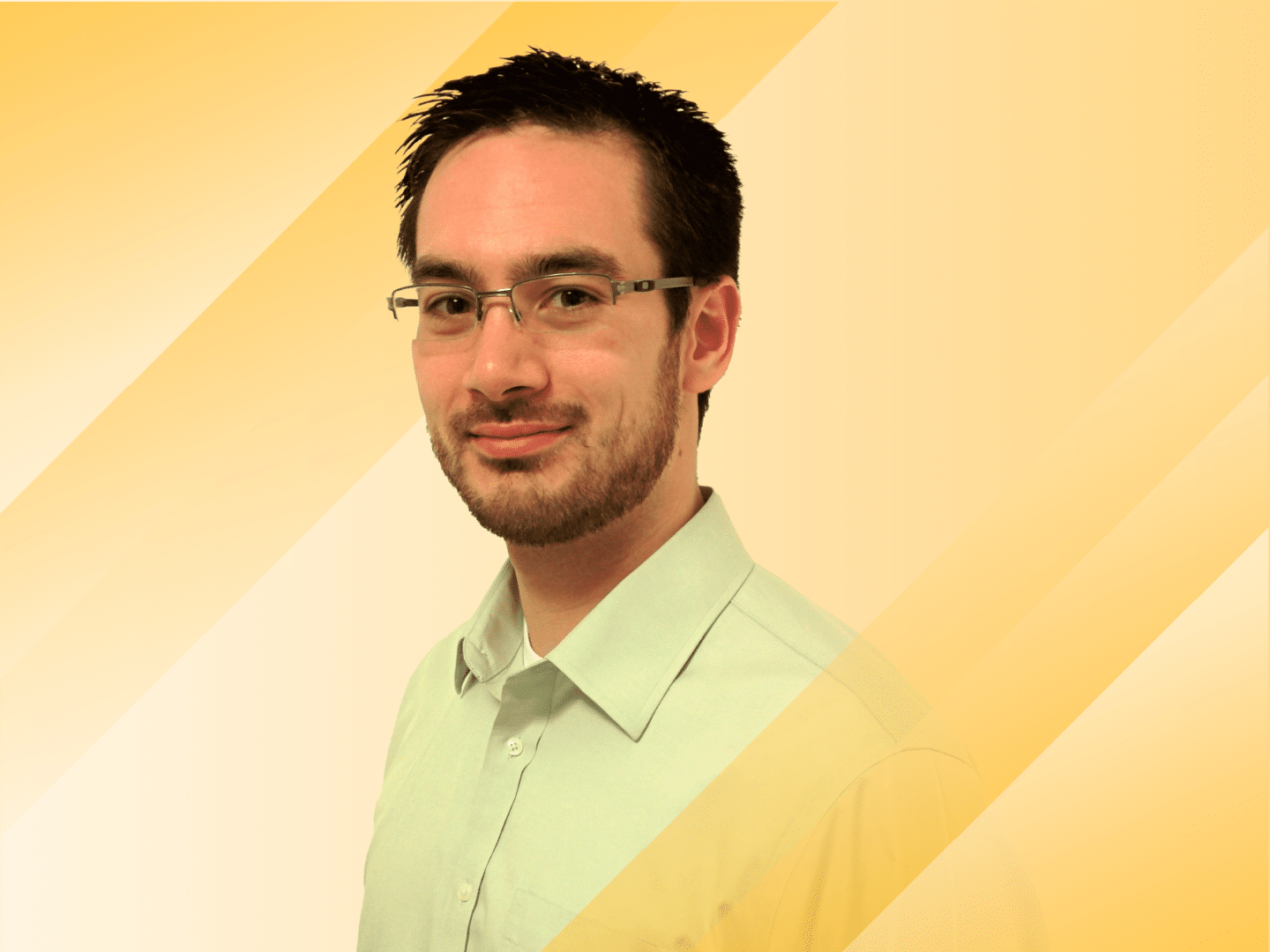Dr. Phillippe Phanivong joined CIEE in the summer of 2023 as a postdoctoral scholar, bringing a systems-oriented lens to the Oakland EcoBlock project, which was well underway. Over the past two years, Phanivong—an electrical engineer, researcher, and energy policy advocate—has helped guide EcoBlock through a pivotal transition: steering the project from a microgrid-centric model to a more scalable approach focused on neighborhood electrification and resilience.
The Stakes Behind EcoBlock
EcoBlock is a CIEE and CITRIS-led pilot research project that brings researchers, industry professionals, and residents together to reduce carbon emissions in an urban block in Oakland. The project retrofits existing homes with energy‑efficient equipment, electrified systems, and shared infrastructure to test practical, replicable models for low‑carbon, resilient communities. While a key part of EcoBlock’s original vision included implementing a fully integrated community microgrid—capable of operating both in connection with and independently from the main power grid—the path forward proved rocky.

As policies shifted and costs rose—partly due to the COVID-19 pandemic—Phanivong worked with the team to reevaluate their strategy, identifying alternative solutions and future funding pathways. His work involved analyzing both the technical and regulatory barriers that shaped the project’s trajectory, from permitting requirements to infrastructure limitations.
The experience underscored the importance of transparent communication and community engagement between researchers and residents. EcoBlock required residents to make real-time decisions about their household energy systems while participating in long-term planning around shared community upgrades. For Phanivong, the project highlighted just how much clean energy deployment relies on clear messaging, alignment, and sustained collaboration.
Phanivong also pushes back on the idea that residential emissions are too minor to matter. Though housing isn’t the top global emitter of carbon, he points out that if the U.S. residential sector were ranked as its own country, it would still place among the top ten emitters worldwide, above nations like Canada. “We don’t have geographical or cultural excuses anymore,” he said. “Our homes are getting older, and if we can retrofit them now, we’re saving time, energy, and money.” No emission, he emphasizes, is too small to cut.
Learn more about the Oakland EcoBlock
Looking Ahead
In his final weeks with the team, Phanivong is focused on distilling the lessons EcoBlock offers into not just technical takeaways, but also what it reveals about stakeholder engagement, shifting regulations, and the complexity of building trust around experimental infrastructure. His current work maps EcoBlock’s insights onto other community microgrid efforts across California, helping define common roadblocks and implementation gaps.
Read more about Phanivong’s research on solar curtailment
Despite the challenges, Phanivong is optimistic about adapting the EcoBlock model. He believes that the core approach—household retrofits, shared resources, and localized planning—can and will be reproduced elsewhere. Scaling, he notes, does not always mean growing larger; it can mean replicating and multiplying what works.
As he transitions into independent environmental consulting, Phanivong reflects on the value of applied research and community engagement.
“Putting theory into practice–-working with residents, seeing the excitement from policymakers–-that’s been the most meaningful part of my work,” he said. “People want change. That energy is contagious.”

